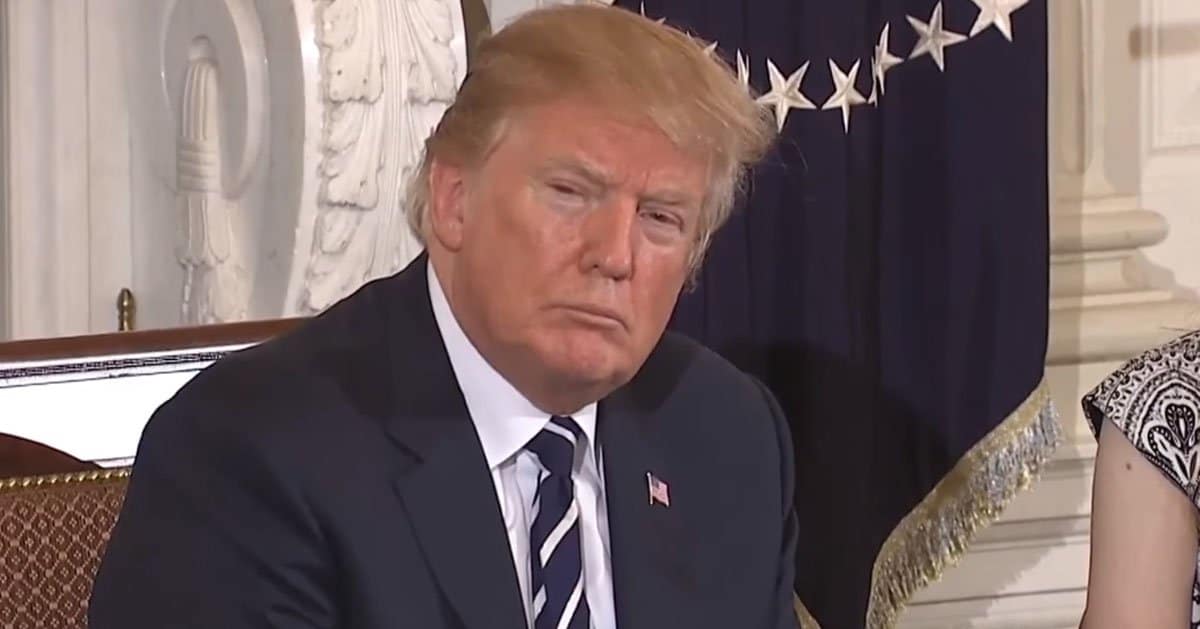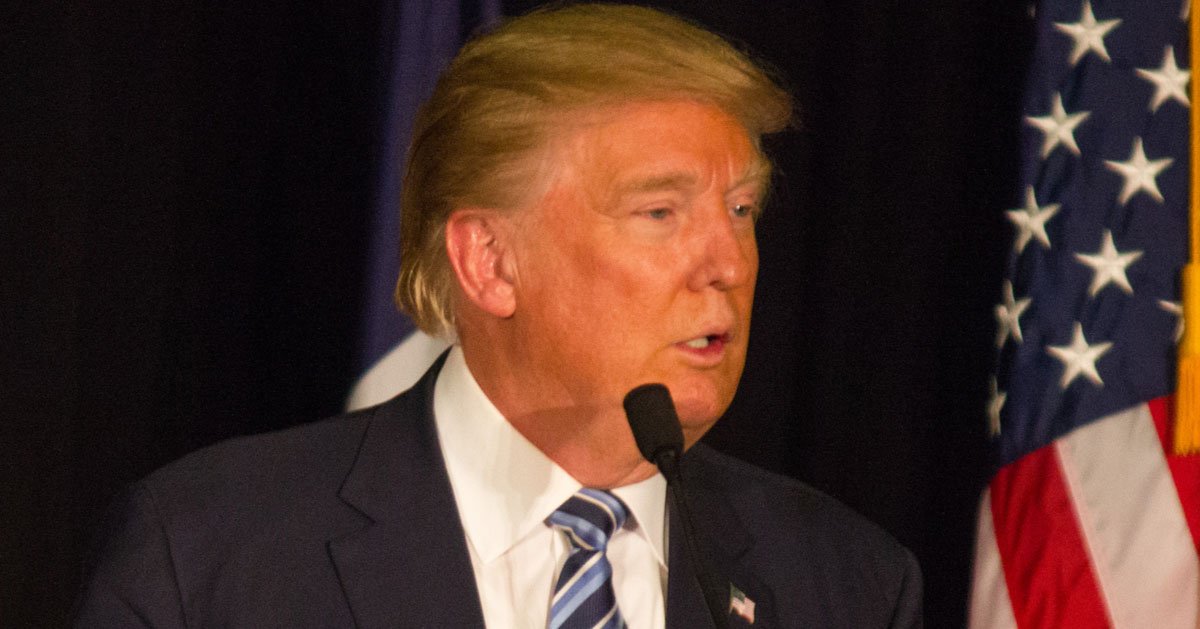








In 1992, then-Senator Joe Biden expressed concerns over the escalating crime in Washington, D.C., proposing stringent measures for improvement, Fox News reported.
This conversation has resurfaced as President Donald Trump takes control over D.C.'s law enforcement to tackle the persistent crime issue.
Biden, alarmed by the crime rates, spoke to his Senate colleagues about the severity of the situation, suggesting they avoid stopping at red lights late at night for safety.
During a Senate session in September of 1992, Biden advocated for the "Biden Crime Bill," aiming to enhance crime prevention significantly.
The proposed measures sought to transform D.C. back to a safer zone, particularly important for those living and working close to political power centers.
Biden cited personal preventative changes he made, such as modifying his driving habits to avoid stops where carjackings were frequent.
Highlighting the urgency was a narrative involving a staff official from the Sergeant-at-Arms, who had witnessed a carjacking attempt, underscoring the rampant crime.
Biden conveyed frustration towards then-President George H.W. Bush, criticizing his obstruction of crime legislation, which Biden supported to alleviate these issues.
The ensuing legislative efforts led to the proposal of the "Violent Crime Control and Law Enforcement Act of 1993," although it was not passed.
The "Clinton Crime Bill," formally known as the Violent Crime Control and Law Enforcement Act of 1994, was eventually passed, influenced by the foundational discussions initiated by Biden.
In his appeal for action, Biden highlighted the drastic changes in societal safety, arguing that traditional cautious behaviors were no longer sufficient.
He profoundly lamented the diminished role of prudence in ensuring personal security in what he depicted as an increasingly perilous environment.
Biden's discourse from the early 1990s highlights a consistent struggle within U.S. political arenas to address urban crime effectively.
As these issues re-emerge in today's political discourse, reflections on past policies, like Biden’s early remarks, provide a critical context for evaluating contemporary strategies.
This cyclical nature of crime and policy debates shows the ongoing challenges and the complex dynamics between historical context and current policy formulation in urban safety management.



